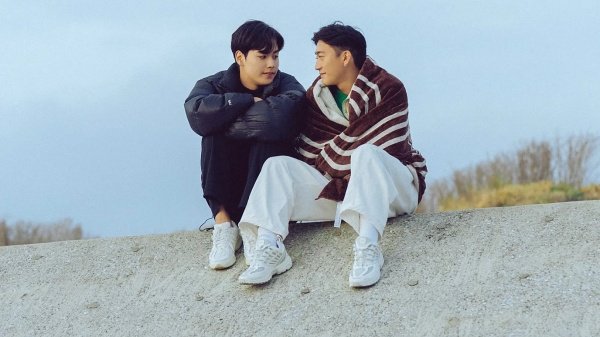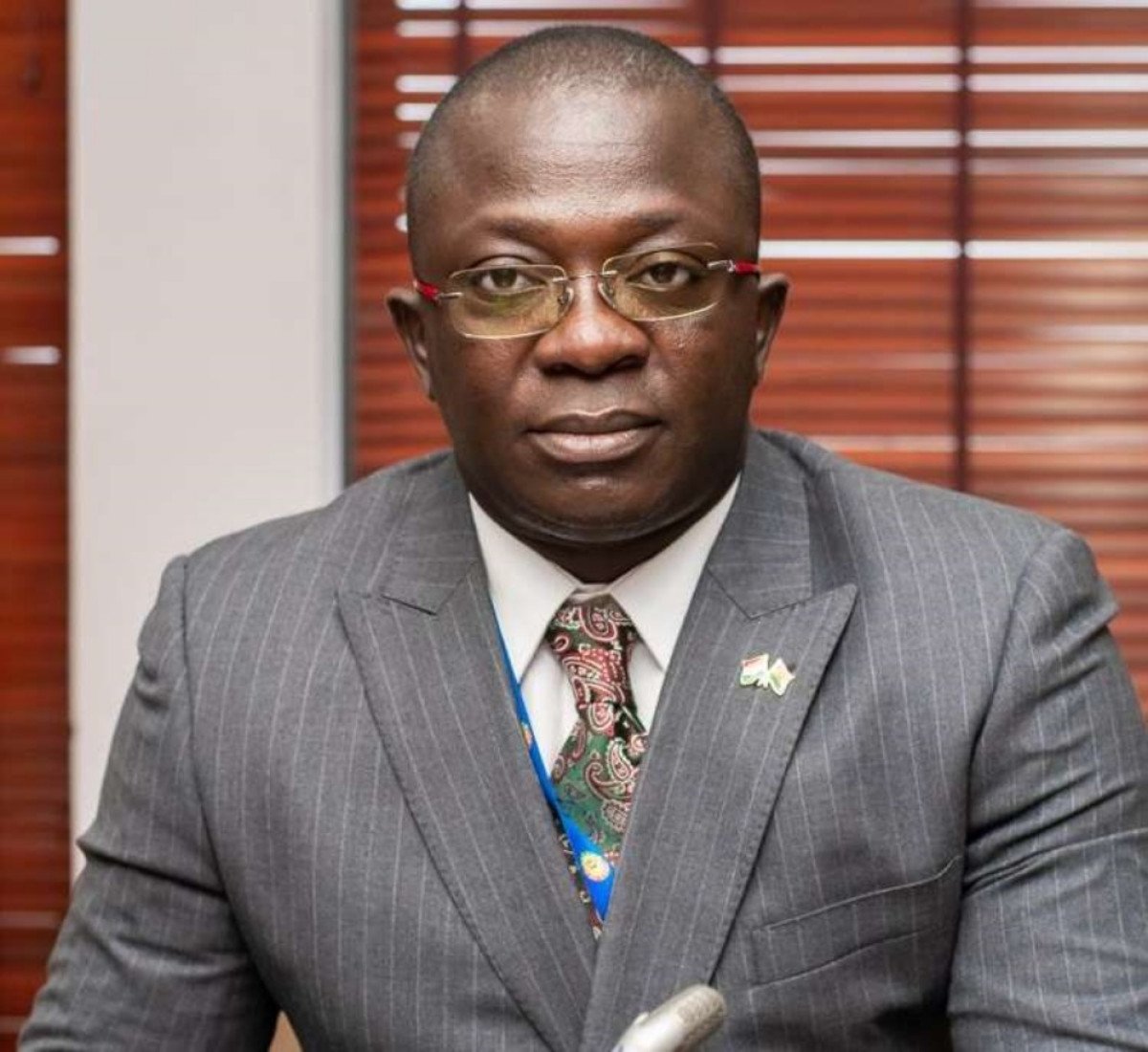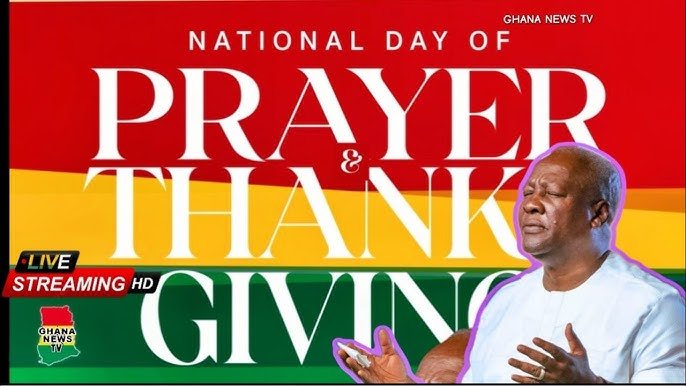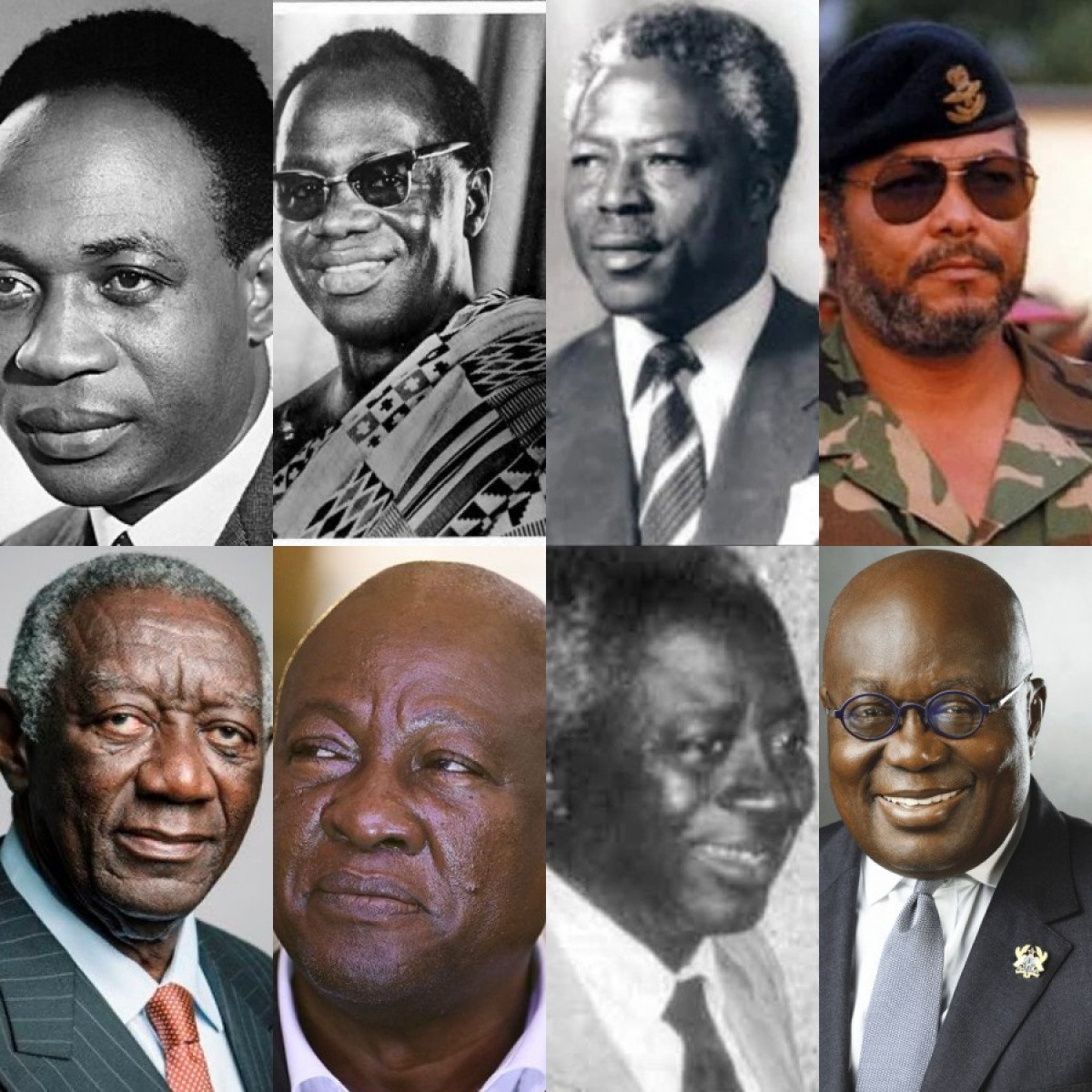An ultra-wholesome Japanese dating series on Netflix has hooked viewers globally. It's part of a wave of reality shows showing the nuances, and differences, of gay relationships.
It is a concept that we've seen many times before: a group of strangers enter a house and, as cameras film their every move, they search for a romantic connection. But conceptually, Netflix's The Boyfriend is actually a million miles from the Love Island villa, where singles with chiselled abs search for love (and Instagram fame).
The Netflix series is Japan's first ever same-sex dating show – a landmark moment for LGBTQ+ representation. The premise is simple: in Tateyama, a quiet coastal city in Japan, a seaside beach house known as the "Green Room" becomes home to a group of nine young men from different backgrounds, from product designers to artists, models, students, and chefs.
As their stories unfold, a group of commentators – including Japanese actress Megumi, pop star Thelma Aoyama, and comedian Yoshimi Tokui – provide a humorous running analysis of every moment, misstep, and micro-drama.
Words like "groundbreaking" are overused in TV criticism, but The Boyfriend feels genuinely deserving of it. Since the first episodes dropped on Netflix on 9 July, the show has been positively reviewed and much discussed on social media by viewers around the world – mostly because of how different it feels to the more over-produced, conflict-heavy dating shows we're used to seeing. In the Green Room, romances form over a blink-and-you'll-miss-it glance, a flirty beachside picnic, or a letter posted under a bedroom door. And the show is part of a wider shift, where a new wave of LGBTQ+ dating shows – like BBC Three's I Kissed a Boy and I Kissed a Girl in the UK – are showing viewers a more wholesome side to romantic reality TV.
The secret of The Boyfriend's success
TV critic and writer Scott Bryan, host of BBC 5 Live's Must Watch podcast, thinks the success of The Boyfriend is down to it existing at the meeting point between wider TV trends. The first being that TV shows that are not in the English language have become gradually more popular on streaming platforms since dystopian Korean drama Squid Game became Netflix's all-time most-watched show in 2021. "Sometimes, watching a show with subtitles means that you actually become much more absorbed in it," Bryan says. "Because you're not scrolling on your phone or looking at another screen, you actually have to watch it."
Then there is the show's production set-up, with the group of commentators providing a sense of narrative cohesion and witty asides: this is an extension of the format of Married at First Sight UK and Australia, where the "experts" watch group events such as dinner parties. "The fact that you have these personalities providing instant reactions, rather than syphoning that off to a separate programme, is great. It makes the show easier to follow and it also makes the raw footage of the participants feel more organic and authentic in comparison."
On I Kissed a Boy, you see our stories and our deeper emotional feelings, whereas within Love Island pretty much everything is about what happens in the bubble of the villa – Dan Harry
There is also a more thoughtful, quietly sincere quality to both the contestants and the show as a whole that makes it stand out. The Boyfriend has a distinctly “back to basics” feel about it. The group are tasked with running a coffee truck together and managing how they spend the profits to cover their household budget. As the name suggests, the show is about finding romantic love, but over the course of 10 episodes, which have been released two at a time throughout July, the group have also formed deep friendships. Fans have been won over by the brotherhood between the men (and even their taste in menswear) almost as much as their unpredictable romances.
In 2023, BBC Three's I Kissed a Boy, presented by Dannii Minogue, became the UK's first-ever gay dating show. (It was followed by I Kissed a Girl, starring a group of queer women, in 2024.) Dan Harry, a participant on I Kissed a Boy, was initially unsure when he was approached by a casting producer. "I was extremely cautious," he says. "Because there were no reference points for this. There were no other gay dating shows for me to visualise what it was going to be like." But this ended up being what convinced him to take part. "I realised it could turn out to be a bit of a landmark TV moment. I wanted to be a part of that."








